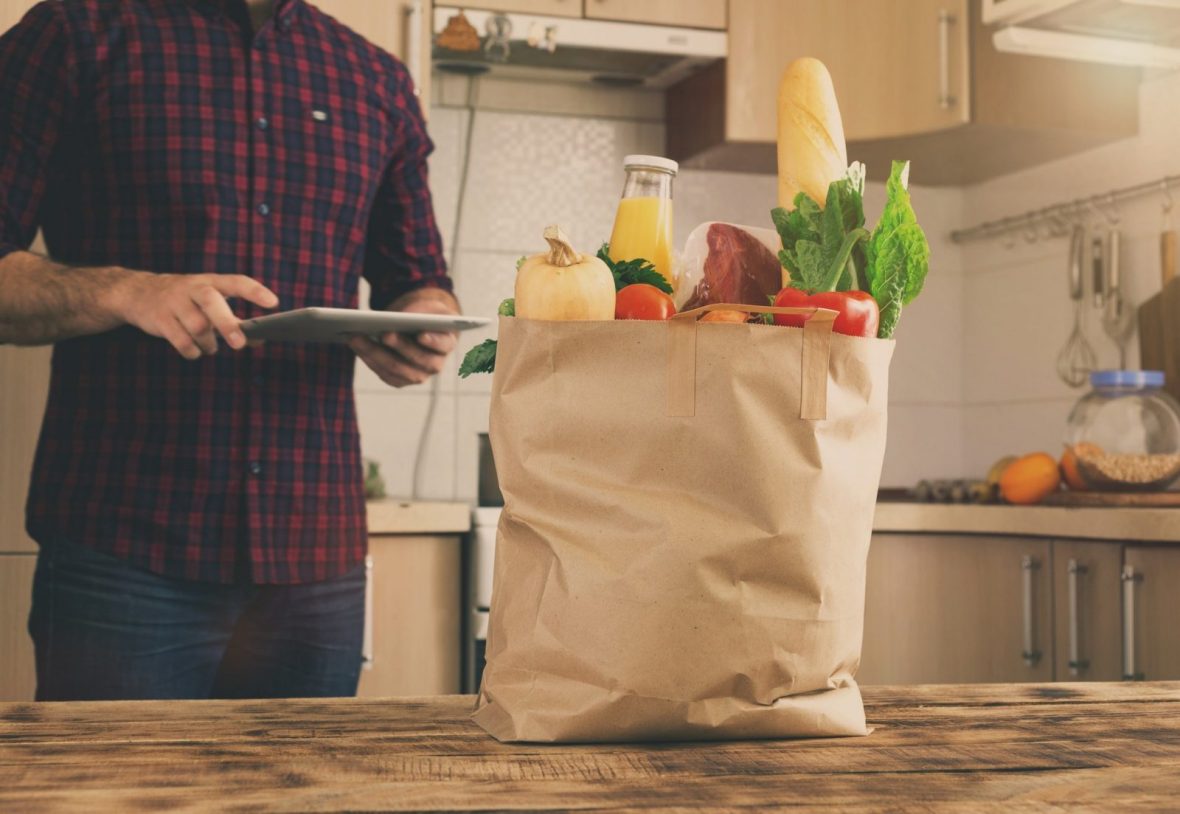The grocery industry is dealing with disruption on an unprecedented scale, according to Joanne Denney-Finch, Chief Executive of international grocery research organization, IGD. She spoke recently at Checkout Conference 2018.

"The food and grocery industry are continually grappling with wave after wave of disruption, ranging from new technologies – developed at lightning speed – to wider social and political developments happening across the globe," Denney-Finch said. She suggested that the last turbulent decade might ultimately be judged as a relatively stable period, compared to what the future holds. Citing examples ranging from robotics, sugar taxes, artificial intelligence to climate and social change, she suggested that companies in the food and grocery sector can take three positive steps to help them better navigate the waves of change:
"Food companies will always need excellent everyday management from ensuring products are handled safely to providing excellent customer service," Denney-Finch noted. "Companies must keep some of their best people focused on the basics while others drive innovation and implement change." When it comes to doing the ordinary, extraordinarily well, few things are more fundamental to the perishable supply chain than the packaging and palletization of products for efficient shipment and distribution. That’s where RPCs can make a difference in protecting product quality through superior ventilation and rugged design. As well as improved ergonomic handholds – designed for more efficient handling and stocking.
"Each week there are new examples of devices getting smarter, linking up, creating and sharing data, communicating through voice and delivering new services," Denney-Finch said. She explained that "grocery shopping can be divided into two components – there are products that are routine like milk, bread, and toothpaste, then there are products that we choose spontaneously like fresh food and treats.
Artificial intelligence means that the routine products can be automated to arrive at your home, workplace or another convenient click and collect point." Meanwhile, the store of tomorrow will utilize artificial intelligence to help shoppers optimize their shopping experience. Stores will focus on the spontaneous aspect, featuring fresh food, ready to eat foods and new products, as well as new opportunities for shoppers to "taste, learn and discover."
For the routine purchases, the ones which will increasingly be channeled through click and collect or home delivery options, fulfillment automation will be enhanced through the use of rugged, precisely sized RPCs. The increasing retail emphasis on fresh food as a competitive advantage will also underscore the importance of RPCs in helping to maintain product freshness.
And regarding devices getting smarter and sharing data, IFCO recently announced it would be launching a pilot to provide end-to-end monitoring of the fresh supply chain, via smart IFCO RPCs that are equipped with sensors. This technology will provide near real-time visibility of the supply chain and help retailers improve the efficiency of their processes. It will lead to lower costs, improved product quality, longer shelf life and less food waste.
Denney-Finch noted that large technology players like Google and Amazon are adaptive. They are quick to explore new ideas and take advantage of them if they work. "They generate a mountain of ideas, and then they experiment, all while keeping a fixed vision of where they want to get to," she said. "That’s how they evolve so quickly – they adapt or stop the failures and scale up the successes, so they’ve found a way to retain the speed of a business start-up." She encouraged the food and grocery industry to increase their agility by investing in their people and empowering them to make innovative frontline decisions. Other recommendations included using micro-goals as stepping stones towards the broader vision and taking time to celebrate every success while using real-time data to keep everyone informed.
If you haven’t already, one great idea worth evaluating is the use of IFCO RPCs for your company. The tactical deployment of RPCs in your cold chain is an example of the type of success that can be validated and escalated to help boost competitive advantage.
When it comes to managing disruption, Denney-finch concludes, "It doesn’t matter if you don’t have all the answers yet, nobody does, what’s important is the passion, the bravery, the energy, the openness to change and the desire to keep building your skillset." Look for partners with that same mindset, and collaboratively build the future.
Stay up to date
Want the latest fresh food packaging industry knowledge delivered straight to your inbox? Subscribe to our newsletter and get the latest news, trends, articles and more!
